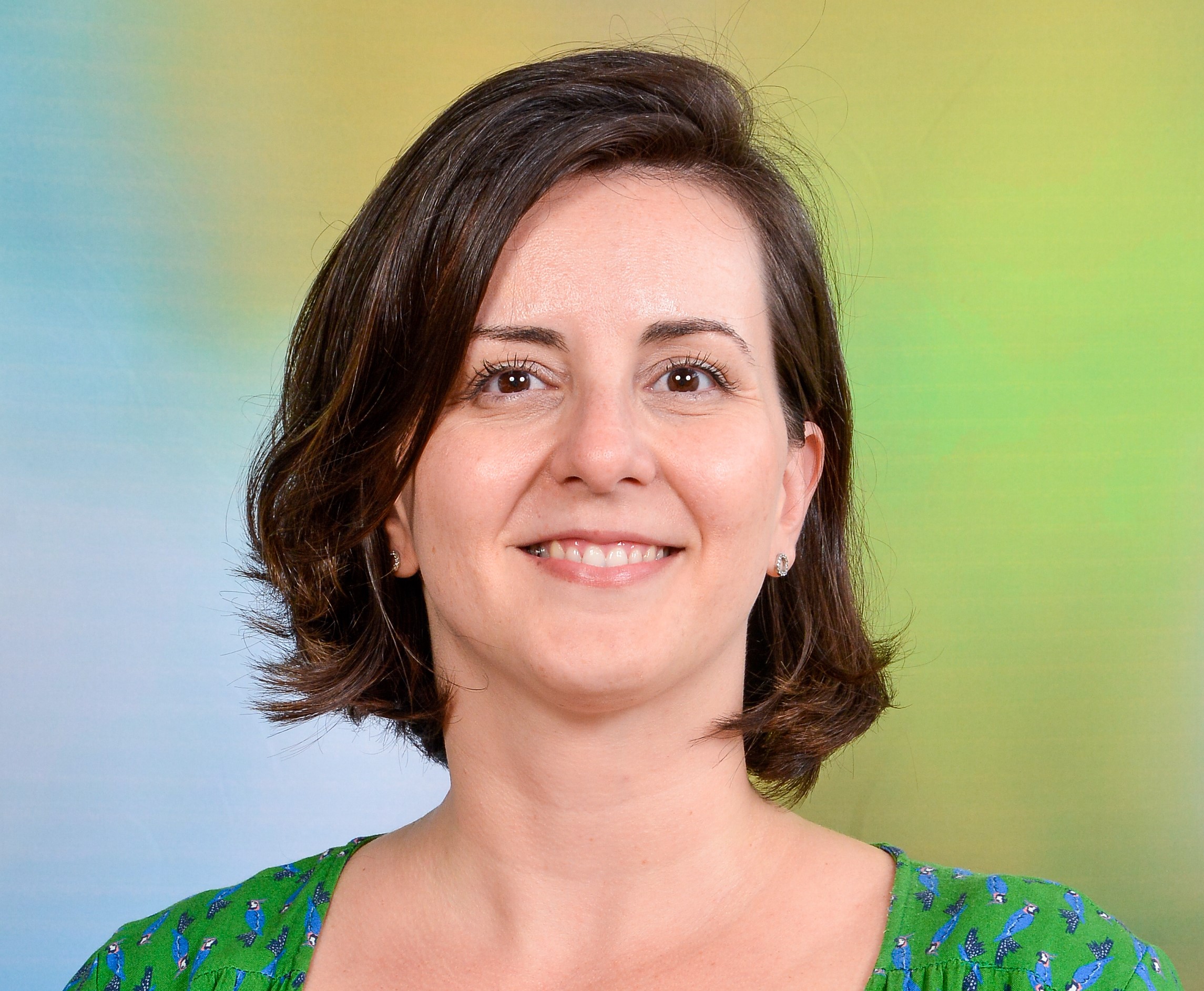Counselling isn’t about knowledge – it’s about relationships
As a counsellor, it’s easy to feel as though you’re the only person guiding students to their destinations. But is it up to you to have all the information?

After years of working with US-only admissions, I found myself trying to navigate the Ucas system and understand Studielink, while students showered me with questions and parents analysed my every move.
Maybe I was still carrying the weight of the words “guidance counsellor” – as if I were the sole person guiding students to their destinations. But our work in college counselling is less about guiding and more about empowering; it’s less about our knowledge of requirements and more about our ability to build relationships.
Drawing on expertise in schools
As a new counsellor, it is easy to take all the things needed to support your student population towards college success upon yourself. I know I did: university nights, essay-writing workshops, college-list planning, unlimited essay feedback, working through vacations, mock interviews, reading all teacher recommendation letters, career fairs, university fairs, university visits and so on.
Of course some of these things have to be done by the counsellor. But learning about the people in school who have the skills and availability to support your programme will elevate the quality of the work you do, because it diversifies perspectives and welcomes difference.
For example, you could work with the English department to include a small conversation about personal narratives in English lessons at around the time that students have to write their personal statements. Inviting an English teacher to your college-essay workshop will surely increase the quality of those first drafts.
Create a programme where students organise university visits in a more student-centred way. Ask teachers to contribute to your recommendation letters with observations about student personality, behaviour or academics.
Seeing that more people in the community are involved in supporting their college plans will communicate to students that the school community as a whole cares for them, at the time when they are often dreaming as much as they are struggling with reality.
Building relationships
As we start helping a new cohort of students with their college applications, we need the constant reminder that each student is an individual with hopes, fears and experiences. Sometimes they have a broken heart; at other times they’re in over their heads with an advanced maths course.
Coupled with that teen angst is an entire ecosystem of family history, expectations and limitations. It can feel a bit annoying when a student says they have to go to a specific university because that is a family expectation and the only way they will achieve success. Remember to take a step back and be curious throughout those interactions: “How did this university get on your family’s radar?” Or: “What was your parent’s path during and after college? What do you feel contributed most to their success?”
Most of the time, with students and families alike, we find gaps in the story they are telling us and even in the story they are telling themselves. When we take the time to pay attention to those stories that come to us in bits and pieces, we are more likely to appreciate the humanity behind all of the people involved in the process.
I was humbled by how quickly students started to trust me with their life stories, plans about the future, or even frustrations about last weekend’s party.
Looking at the bigger picture
I enjoy being a trusted adult for my students, but I noticed I needed to find a balance between giving them space to vent and then making sure to connect them back to the immediate reality around them – whether connecting them back to the next class and what they will do to try to work through it, or working around the anxiety that arises when planning for the future.
As counsellors, it is easy to get entangled with the deadlines and events around us. But we often need to take a step back and look at the big picture, which includes the world within that student and the world within ourselves.
Students’ well-being and success are intricately connected. We need to remind ourselves that we only know parts of each student’s story – there is more to them. A school culture that supports students’ college goals will also enhance their sense of security.




